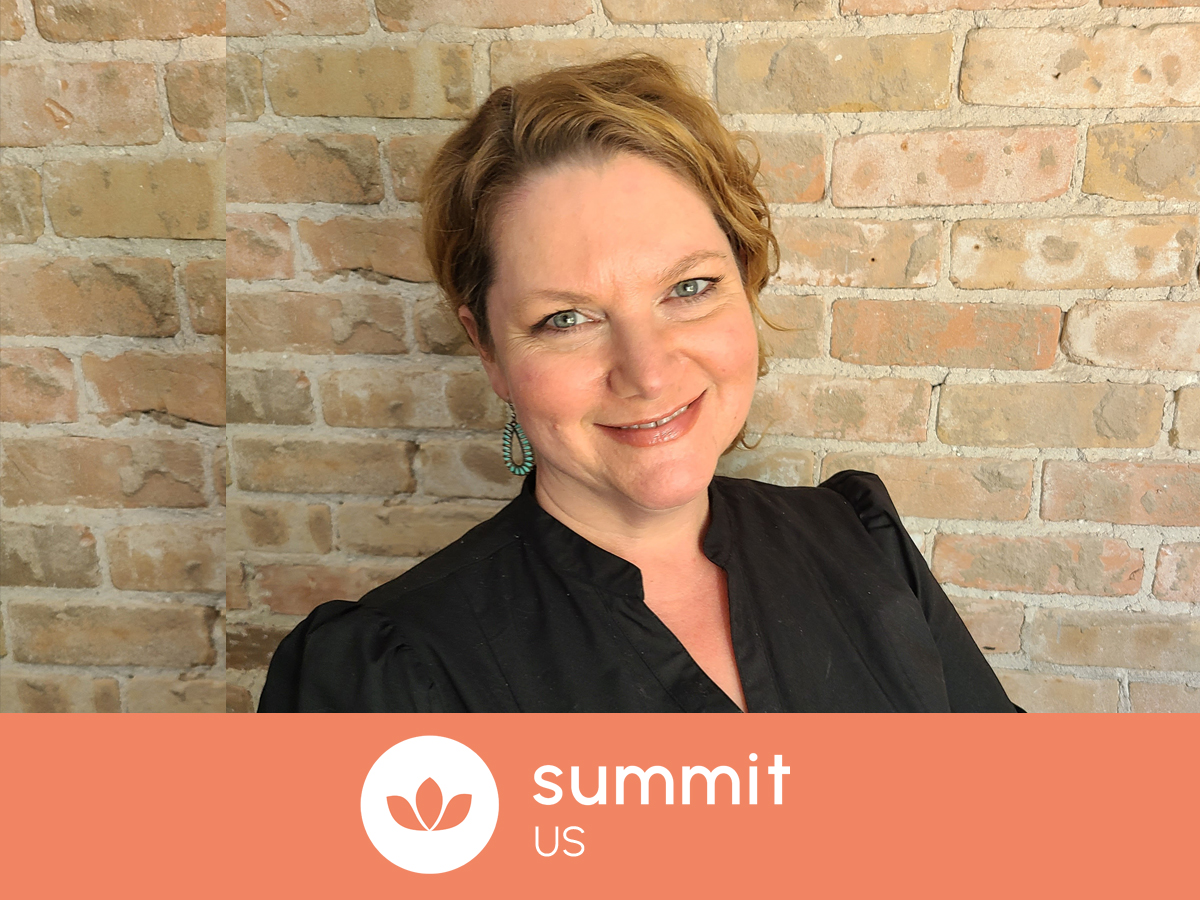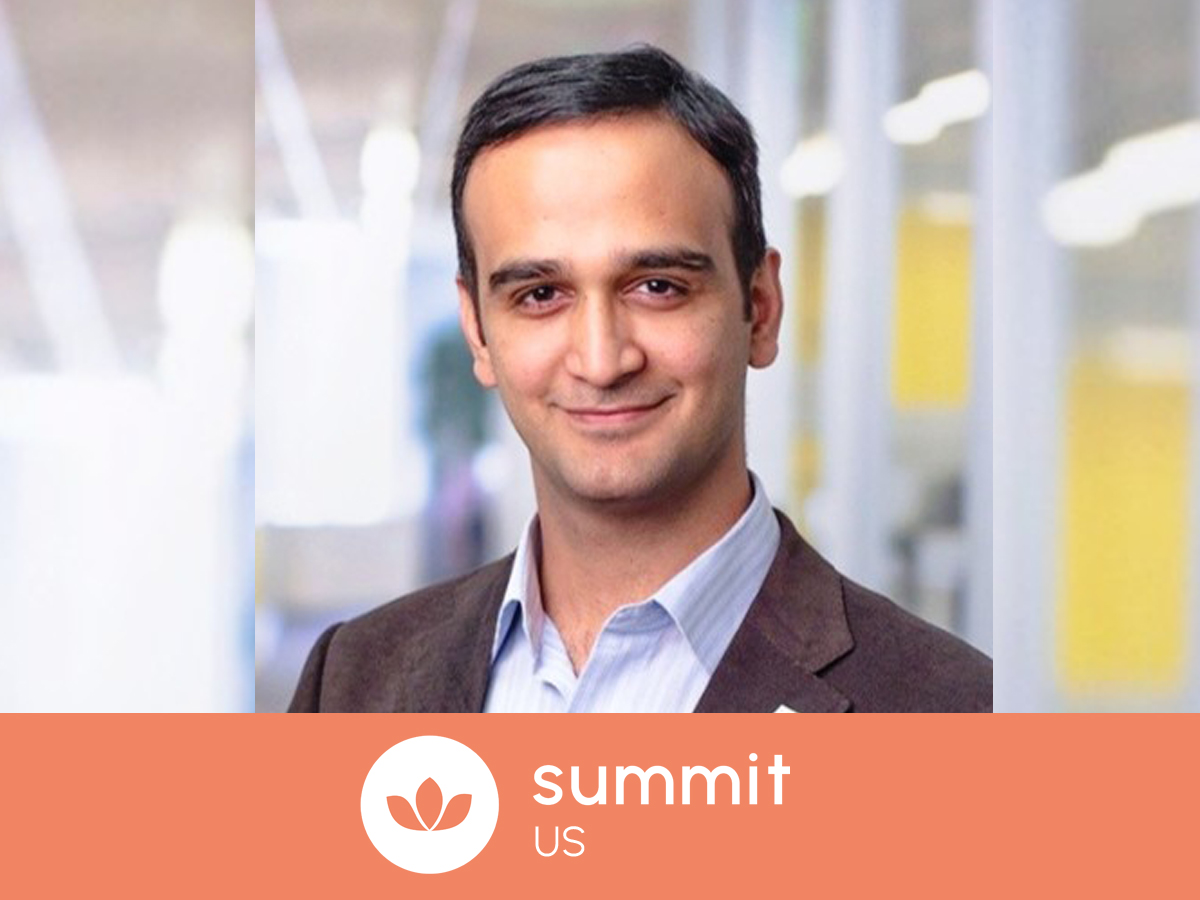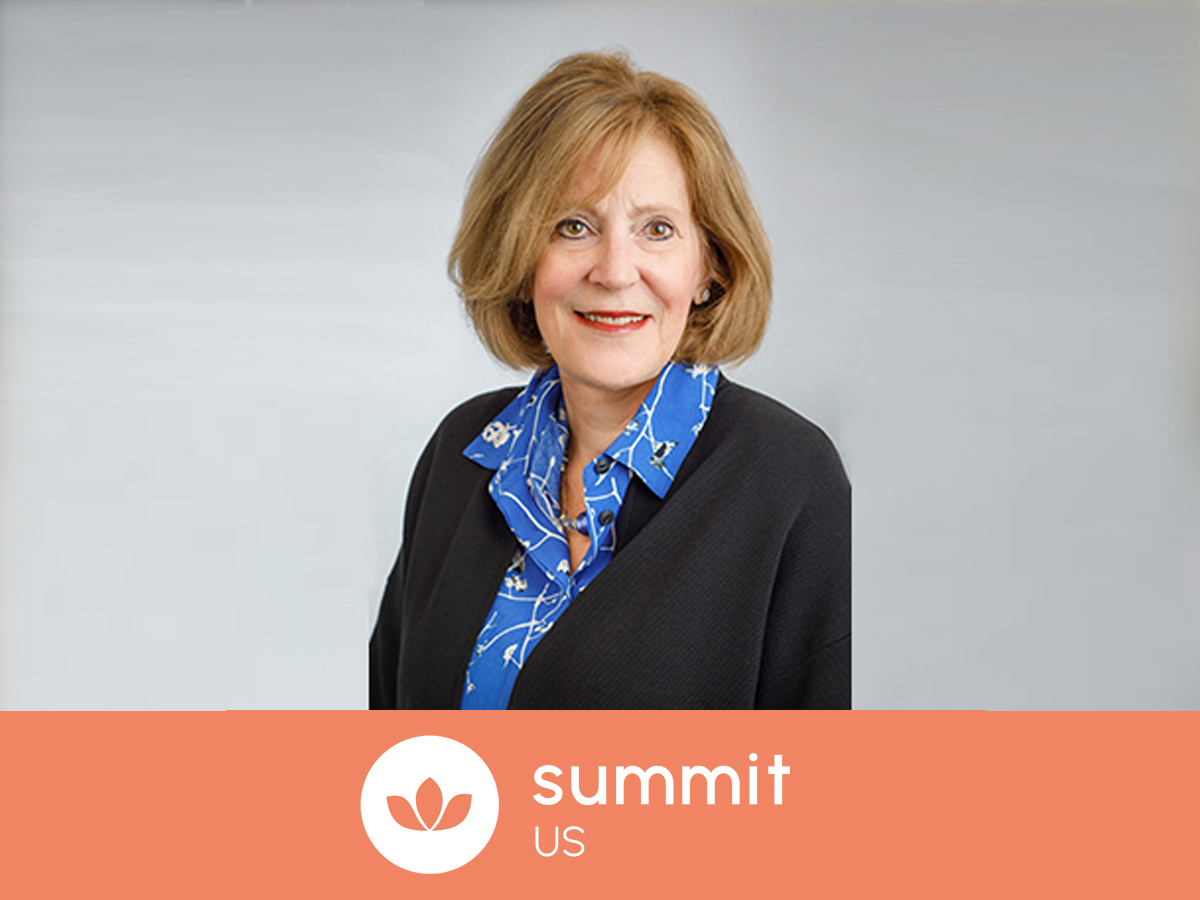
Lisa Bevill is a compassionate, collaborative and resilient leader shaping the future of education and business from a human-centered and holistic perspective of leading self and others for greater positive impact. A champion of well-being and positive leadership for learning, performance and growth, Lisa has dedicated her 20+ year career to human capital and leadership development. She is the Academic Director of the Center for Health & Well-being at IE University.
We are delighted to announce that Lisa will be speaking in both Riyadh and Dubai this February as part of our Wellbeing at Work Summit Middle East. We caught up with her to find out how she’s feeling in the run up to the summit.
Hi Lisa, we are thrilled you will be speaking at our Wellbeing at Work Summit Middle East in February. Our first and most important question is, how are you doing today?
I am grateful to join the wonderful line-up of speakers as part of the Middle East Summit, thank you! Today, I am feeling grounded and energized.
As a leader based in the region, what are the main challenges you are facing when it comes to employee wellbeing and mental health?
One of the main challenges is navigating cultural nuances and societal expectations regarding mental health. In the Middle East, there is still some stigma surrounding open conversations about mental health, particularly in the workplace. As an educator, shaping the holistic, human development of the incoming workforce and leaders of tomorrow, I see it as my role to create safe spaces where students can embrace all emotions, consider different perspectives, hone emotional regulation, critical thinking and creativity skills and build healthy habits to support their vitality and resilience. Another challenge is fostering a holistic approach to wellbeing that includes emotional, physical, and social aspects, as many wellbeing initiatives still focus predominantly on physical health.
What strategies have you seen developing over the past 6 months, both internally and externally, that are moving the dial on wellbeing in the workplace?
Over the past few months, there has been a noticeable shift towards greater appreciation, higher-level narrative and integration of mental health and emotional wellbeing as part of the broader employee wellbeing strategy. The language we use, and how we can build holistic practices at the corporate level to foster greater health, resilience, perspective and collaboration will support a greater culture of wellbeing. I’m seeing a rise in corporate programs to support physical activity and mindfulness and partnerships with wellness apps, however we need to continue to go beyond individual initiatives to consider systemic change in policies and work practices to support care, connection and sustained work.
Why is employee wellbeing so important to you personally?
Employee wellbeing is not just a professional focus for me—it’s deeply personal. Actually, wellbeing for all, always is what is important. I believe that when individuals are supported in a holistic way, they bring their full potential to work and can thrive as well in their professional dedication. This creates a collectively thriving workplace and helps build a more connected, empathetic, and sustainable organization. As someone who deeply values the connection between mind, body, and spirit, I see wellbeing as a critical investment in the long-term success of both employees and the organization.
What impact is AI having in your organization and how are you managing that?
AI is increasingly becoming a tool that drives efficiency, but we are mindful of its initial development and continuous learning. As we discuss wellbeing in the age of AI, we want to ensure we are cultivating a caring system that supports diversity and equity and supports greater human connection for thriving and resilience. We have embraced AI and are considering the role of AI in education, taking a very strong position on the importance of holistic, human development to foster responsible leaders who care for those around them.
Other than AI, are there any challenges that you are seeing for the first time and how are you addressing them?
One challenge is more individual when it comes to technology. From students to employees and executives, we are seeing behaviours that limit human connection, foster distraction and diminish capacities for learning and growth. Our focus is on fostering inner strength to learn, adapt and grow with the uncertainty and to positively impact the world through innovation and sustainable business with purpose. We aim to shift the focus from just “performing” to thriving, which includes setting realistic expectations and promoting breaks and mental downtime.
What areas do you think employers should be focused on over the next 12 months?
Employers could place strong emphasis on developing programs that foster a culture for sustained work and collective thriving, moving beyond individual practices to systems that support human connection, creativity, learning, critical thinking. We educate on the interconnection of body, mind and soul, so how can we elevate the narrative of holistic, human development and integrate practices to support flourishing. Another crucial area is addressing the burnout epidemic by promoting not just work-life balance, but work-life integration—where employees can harmonize their personal and professional lives, rather than viewing them as separate, competing forces. A shift in mindset is needed!
Do you feel that investment in employee wellbeing in the region is increasing or decreasing and is that a direct reflection on HR leaders’ increasing ability to demonstrate effective returns of their strategies to leadership?
I’ve observed a growing recognition in the region that employee wellbeing is a strategic priority, rather than a “nice-to-have.” There is a significant increase in investment, especially as the evidence around the connection between wellbeing and productivity becomes clearer. HR leaders are now able to demonstrate tangible ROI on wellbeing initiatives through improved employee engagement, reduced absenteeism, and higher retention rates. This shift is empowering HR to have more influence in the C-suite, leading to more resource allocation for wellbeing programs.
How has your organization been leading the way?
IE University is a pioneer in educating on holistic, human development in support of learning capacity, resilience and positive impact. We foster a community of learning and self-efficacy to take ownership and consider what practices best support an individual to be their best. We also foster a culture that prioritizes positive impact through our collective initiatives. Finally, we take a holistic and integrated approach to challenge the current system and foster policies to support responsible learning and innovative solutions. By fostering an environment that nurtures the whole person, we believe we are setting a positive example for others in the region and globally.
Lisa will be speaking in both Riyadh and Dubai at the Wellbeing at Work Summit Middle East which takes place in Riyadh, Dubai, Cairo and virtually. Further details on the Summit can be found here.



